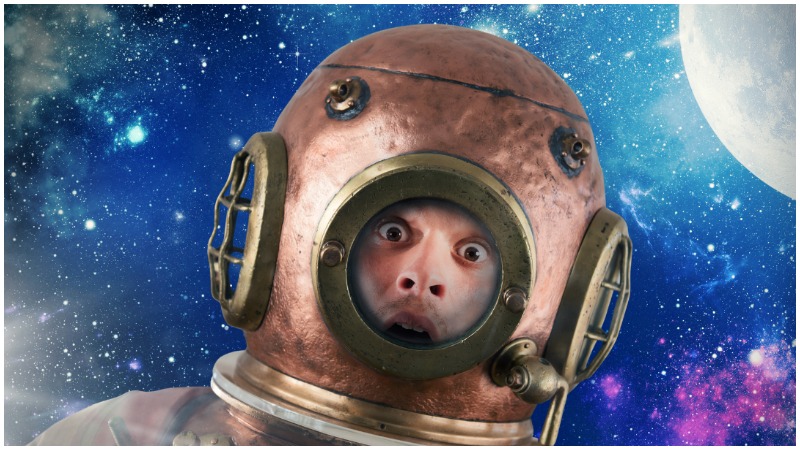Time travel has long been a popular theme in science fiction, but can it actually exist? The Daily Mail reported that Professor Brian Cox says it can. He goes on to say that it can only take you into the future, though, and once you’re there, you can’t come back.
Speaking at the British Science Festival, Cox said that this had already been done, albeit on a very small scale. He discussed the theory of relativity, saying “If you go fast, your clock runs slow, relative to people who are still. As you approach the speed of light, your clock runs so slow you could come back 10,000 years in the future.”
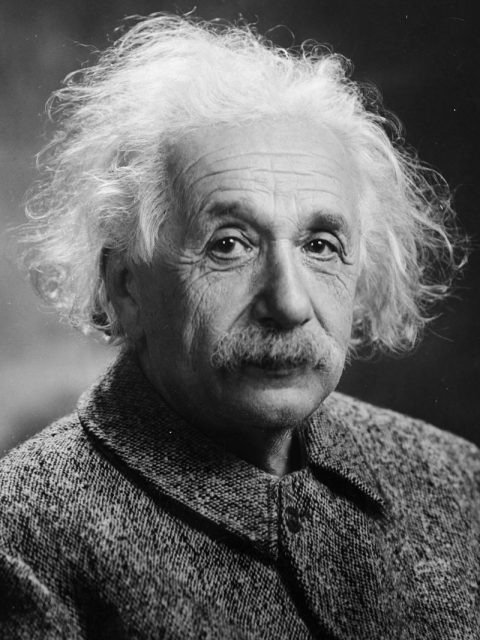
The theory is based on Einstein’s Theory of Special Relativity that is based on two principles. One is that the laws of physics don’t change, even when objects move at constant speeds to each other. The other is that the speed of light is the same for everyone, no matter how they move in relationship to the light source.
If two objects are both moving through space and want to compare what they see, the only way to do that is to compare how fast the objects are moving relative to each other. The Special Theory specifically includes that the objects’ movement must be in a straight or uniform line, and at a constant speed.
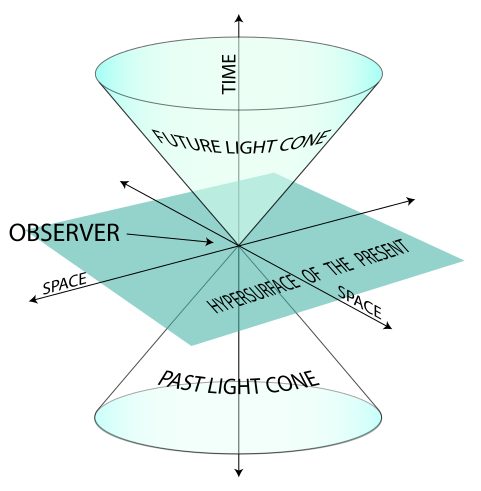
In order to travel through time, an object must approach the speed of light. As an object nears the speed of light, the clock slows down, but only for the object in motion. Everything else is still moving through time at the same rate.
This brings us to Russian Cosmonaut Sergei Krikalev, who has spent more time in orbit than anyone else in the world – 803 days, 9 hours, and 39 minutes. If you add up all the accumulated speed from the time he has spent in orbit, Krikalev has actually moved ahead into his own future by about 0.02 seconds, according to Universe Today.
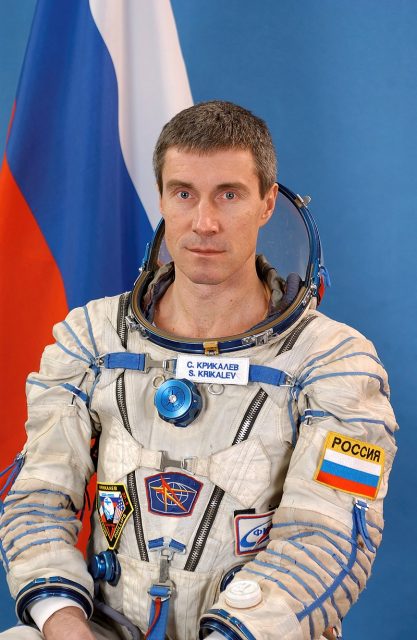
Time dilation (the relative difference in time between, say, an astronaut in orbit and everyone still on the planet) is caused either by differences in relative speed, or gravity, each of which have their own effect on time.
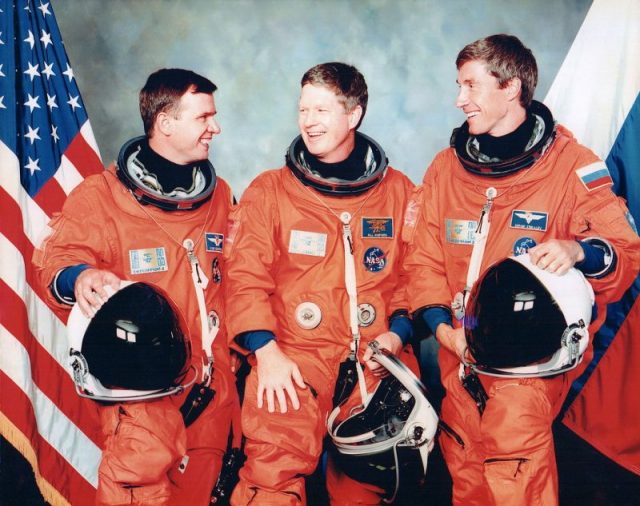
When an object is in space, whether it’s a satellite or an astronaut, it’s a little farther away from the planet’s gravitational force, so its clock runs just a tiny bit faster than it would on the Earth’s surface. When the astronaut comes back to Earth, then, they would have to “come back” to the past, relative to when they were in space.
Time dilation driven by velocity, though, means that an astronaut’s clock would run a little slower than everyone’s clocks back on Earth, meaning that the astronaut would have to go slightly into the future to catch up with the clocks on the ground.
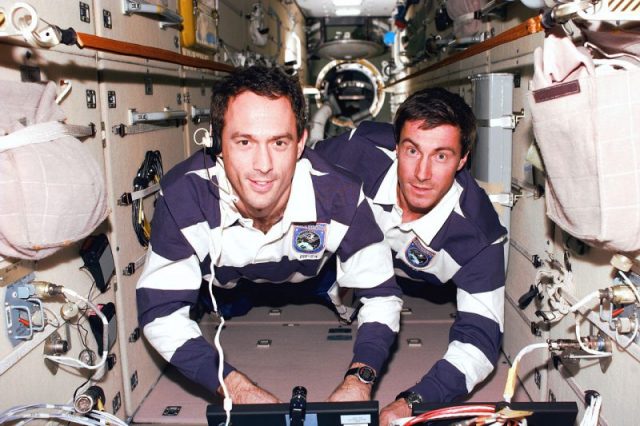
Earth’s gravity is relatively weak, and doesn’t exert much pull on bodies in space, so velocity wins out, and Krikalev’s clock runs just a little slower when he’s in orbit, which has moved him moved forward in time.
Our current technology doesn’t allow for this effect to be more than very small. We don’t have the ability to accelerate objects to speeds where the time dilation effect is more than the barest fractions of a second.
After six months on the International Space Station, for example, astronauts have aged less than people on the planet, but the difference is about .007 seconds. If we could get the space station to orbit the earth at speeds closer to the speed of light, the effect would be much more pronounced.
All of this sounds complicated, and pretty far-removed from what most people see as day to day reality, but consider this: Sergei Krikalev is living proof that time isn’t like an arrow that just flies forever in one direction. It really is relative.
